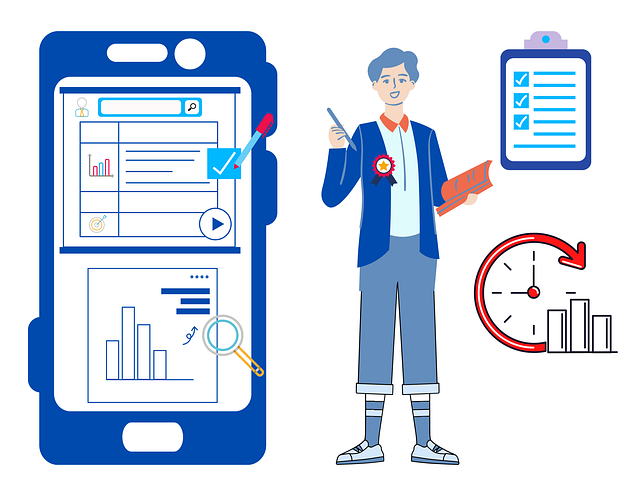AI zone-specific irrigation systems with analytics are transforming commercial landscaping by optimizing water distribution. These smart solutions leverage machine learning algorithms, soil moisture sensors, and weather data to deliver precise amounts of water to different landscape zones. The result is reduced water waste, healthier plants, lower costs, and enhanced environmental sustainability in both urban and suburban settings, making it a key technology for sustainable urban development.
In today’s digital era, commercial landscaping presents unique challenges, especially regarding water usage and environmental impact. As ‘AI commercial landscaping noise and pollution buffer planning’ gains prominence, understanding the role of technology becomes vital. This article explores how Artificial Intelligence (AI) empowers efficient solutions, particularly in zone-specific irrigation systems with analytics. By employing AI, businesses can optimize water management, reduce waste, and contribute to greener practices, addressing environmental concerns effectively.
- Understanding Commercial Landscaping and its Challenges
- The Role of AI in Zone-Specific Irrigation Systems
- Analytics for Efficient Water Management and Pollution Buffering
Understanding Commercial Landscaping and its Challenges

Commercial landscaping, a vital aspect of urban and suburban environments, involves designing and maintaining outdoor spaces in businesses, retail centers, and industrial areas. It’s more than just aesthetics; it includes strategic planning to enhance customer experiences, improve air quality, and reduce environmental impact. However, managing these landscapes efficiently can be challenging due to factors like large square footage, diverse plant needs, and water conservation concerns.
AI-powered zone-specific irrigation systems with analytics offer a promising solution. By leveraging machine learning algorithms, these systems can analyze weather data, soil moisture levels, and plant health indicators to deliver precise amounts of water directly to where it’s needed. This not only minimizes water waste but also helps maintain lush, healthy landscapes despite the bustling commercial environment.
The Role of AI in Zone-Specific Irrigation Systems

Artificial intelligence (AI) is transforming commercial landscaping, offering smarter and more sustainable solutions for managing outdoor spaces. One such innovation is the development of AI zone-specific irrigation systems with analytics, designed to optimize water usage and reduce environmental impact. By employing sensors and machine learning algorithms, these advanced systems can precisely monitor soil moisture levels in different areas of a landscape. This enables targeted irrigation, delivering exactly the right amount of water to each plant or region, ensuring optimal growth while minimizing waste.
The benefits are manifold: reduced water consumption, healthier plants due to consistent hydration, and lower maintenance costs for businesses. AI analytics can also predict weather patterns and adjust watering schedules accordingly, further enhancing efficiency. This technology is a game-changer in the quest for sustainable urban landscapes, allowing commercial properties to showcase their commitment to environmental stewardship while enjoying cost savings and improved aesthetics.
Analytics for Efficient Water Management and Pollution Buffering

In today’s digital era, AI is transforming commercial landscaping, offering innovative solutions for efficient water management and pollution buffering. By leveraging zone-specific irrigation systems with analytics, businesses can significantly reduce water consumption and environmental impact. These advanced systems use real-time data to deliver precisely the right amount of water to each plant or area, eliminating waste and ensuring optimal growth conditions.
For instance, AI algorithms can analyze historical weather patterns, soil moisture levels, and plant water requirements to create tailored irrigation schedules. This smart approach allows for targeted watering, minimizing runoff and leakage. Moreover, by integrating sensors and predictive analytics, these systems can detect early signs of drought or overwatering, enabling proactive adjustments to maintain a healthy landscape while preserving precious resources.
In conclusion, integrating AI into commercial landscaping offers a promising path towards sustainable practices. By implementing zone-specific irrigation systems powered by analytics, businesses can optimize water usage and significantly reduce environmental pollution. This technology enables precise management of resources, ensuring every drop of water is utilized efficiently. As we move forward, adopting AI zone-specific irrigation systems with analytics will not only enhance the aesthetics of commercial spaces but also contribute to a greener and more sustainable future.
